Description of Transistor-Based Simple IR Encoder Decoder for Data Transfer
Quick Overview
The Transistor-Based Simple IR Encoder Decoder for Data Transfer is an entry-level yet highly effective tool for wireless communication between devices over short distances. Utilizing Infrared (IR) technology and basic transistor circuitry, this module is perfect for various applications like remote control, simple data exchange, and more.
How It Works
The IR Encoder encodes the data signal from the input source, like a microcontroller, into modulated IR light pulses. The IR Decoder, on the other hand, receives these pulses via an IR sensor, decodes them, and feeds the data into the receiving device. The entire process is transistor-based, making it simple yet highly effective for short-range wireless communication.
Technical Specification
- Operating Voltage: Typically 3.3V to 5V
- Operating Wavelength: 850-950 nm
- Data Rate: Up to 2400 bps
- Transmission Range: Up to 5 meters (line-of-sight)
- Encoding/Decoding Method: ASK (Amplitude Shift Keying)
Key Features
- Simple and cost-effective
- Short setup time
- Suitable for applications requiring low data rate and short-range
- Modularity allows for easy inclusion in existing projects
Application
- Basic remote control systems
- Simple point-to-point data transfer
- Wireless triggering of relays and actuators
- Educational projects to demonstrate data encoding and decoding
Summary
A Transistor-Based Simple IR Encoder Decoder is a system for transmitting and receiving data using infrared (IR) signals. It typically involves a simple circuit with transistors that modulate and demodulate the IR signals for data transfer. This setup is commonly used in remote controls, infrared data transmission, and communication between electronic devices like TVs and audio systems. It simplifies the encoding and decoding of data via IR signals, enabling wireless communication in various consumer electronics and applications.
| Shipping Cost |
|
No reviews found!













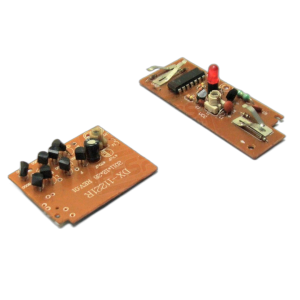
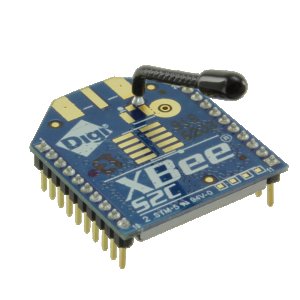
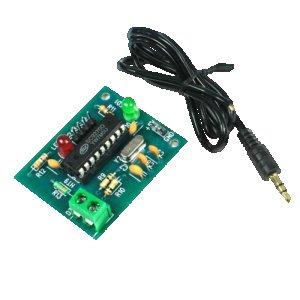
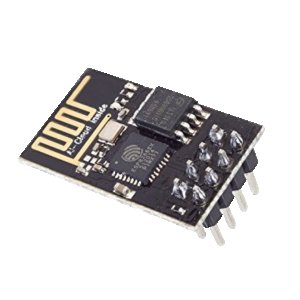
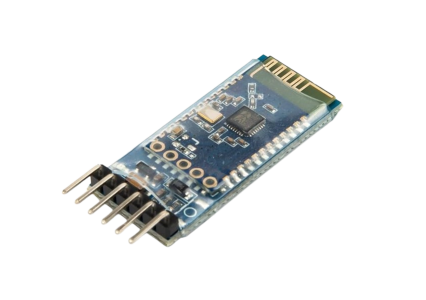































No comments found for this product. Be the first to comment!